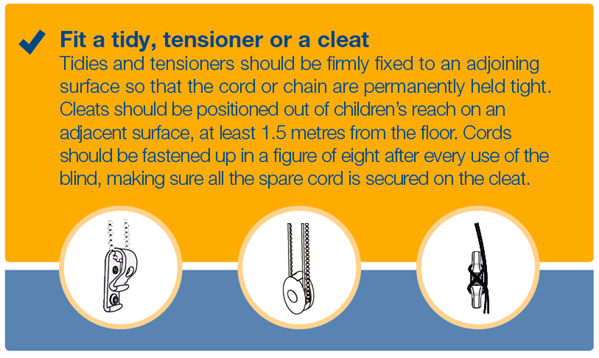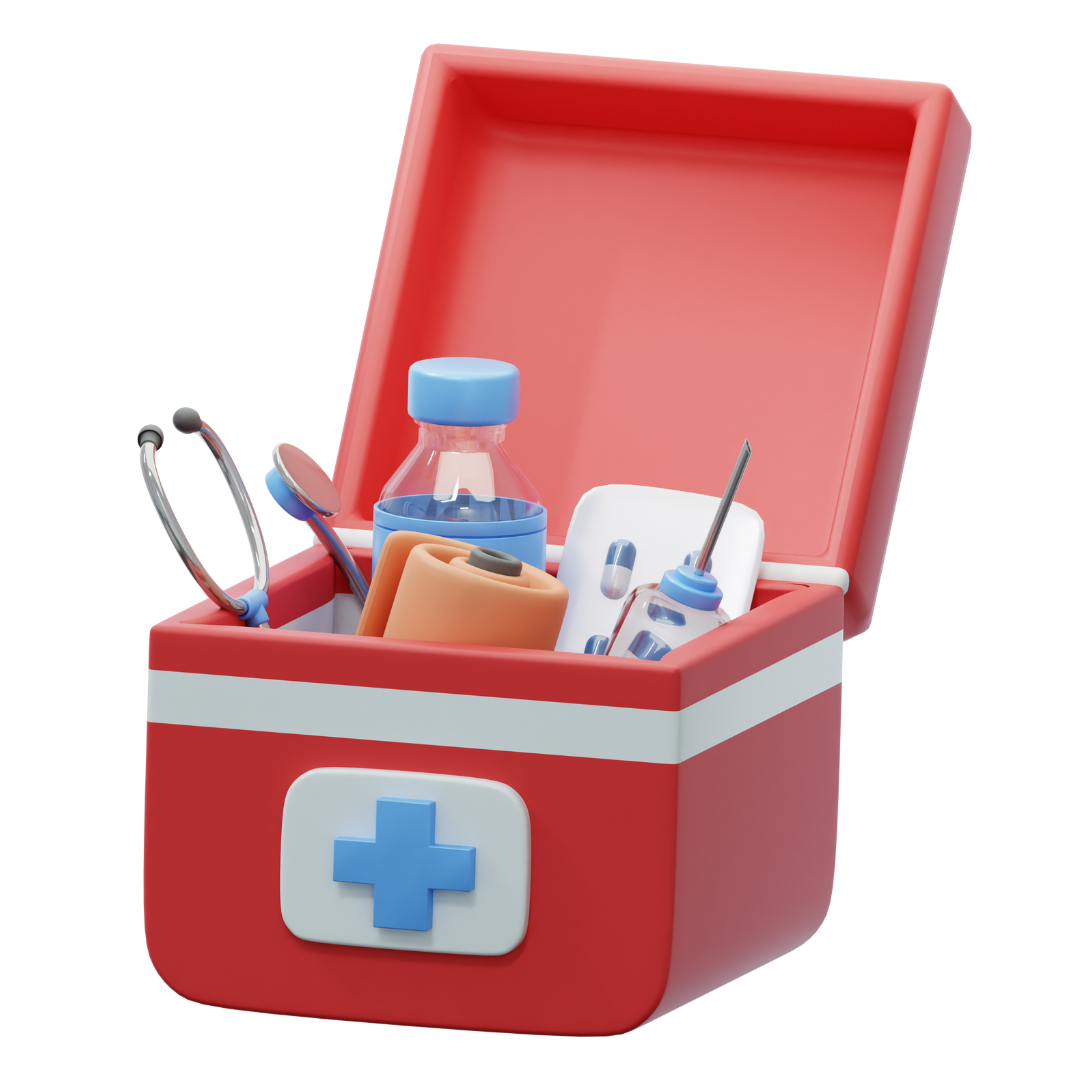
Keeping your Baby Safe
Accidents can be prevented! On average, one child in six is taken to hospital each year.
Safer sleep
Car safety
Water safety
Chocking hazards
Keep these items out of children's sight and reach!
Button batteries, commonly found in toys, watches, and other electronic devices, are dangerous to young children. If swallowed, they can cause severe burns and internal bleeding.

How to prevent accidents:
- Keep them out of reach: Store button batteries securely away from children's grasp.
- Check toys regularly: Ensure that toys do not contain loose button batteries.
- Supervise closely: Watch children carefully to prevent accidental ingestion.
If you suspect your child has swallowed a button battery, do not wait for symptoms to appear. Seek immediate medical attention.
Babies can suffocate on nappy sacks, making some simple changes can make a big difference to your baby’s safety. Do not place nappy sacks within babies’ reach. Do not place nappy sacks in a baby’s cot, pram, or buggy.

Young children’s skin is 15 times thinner than adults’ skin.
This means they can suffer painful burns more easily. To avoid the danger of serious burns and fire, turn hair straighteners off at the plug as soon as you’ve finished using them. Put them in a safe place to cool down and keep them out of the reach of children.
This goes for all hot items:
- Mugs with hot tea
- Baking trays
- Candles
Children can easily get blind cords caught around their necks and become caught, and could strangle young children.

Use a cord shortener or cleat to tie up cords out of the reach of children. Don't place a child's cot, bed, highchair, playpen, or furniture near a window blind. For more information on blind cords, click here.
Suspected poisoning is one of the most common reasons for young children to be taken to A&E.
Keep household cleaning products, such as washing tablets, liquitabs, and small batteries, out of the sight of children, preferably in a high, lockable cupboard.

Other items that should not be left around are e-cigarettes, liquid refills, plug-in air fresheners, and sachets of air fresheners.
Falls
Babies soon learn to wriggle and kick, and it's not long before they can roll over, meaning they can roll. Don't leave your baby unattended on a bed, sofa, or changing table—even for a second—as they could roll off.
Fit safety gates to stop them from climbing stairs and falling, and remove cot toys and cot bumpers, as a baby can use them to climb on and may fall.
 First Aid Kit
First Aid Kit
Keep a well-equipped first-aid kit in your home and car. Include plasters, wipes, medical tape, antiseptic, allergy relief, and age-appropriate medicine.
Remember to check expiration dates! Consider getting a first-aid manual to keep near your first-aid kit